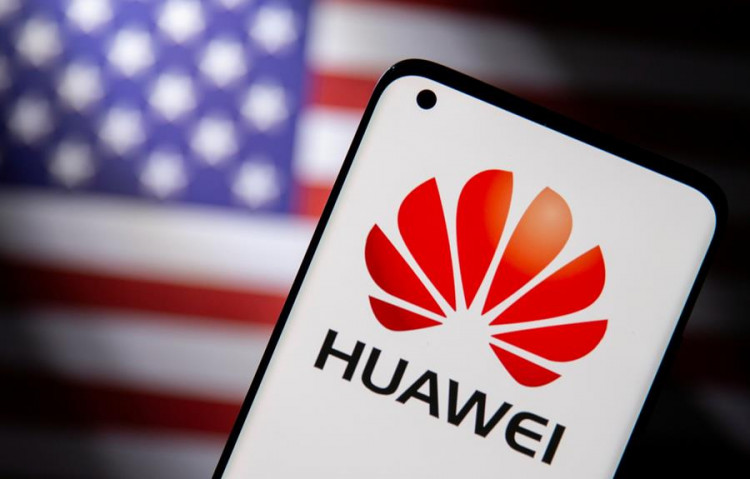The United States government has revoked licenses that allowed Huawei Technologies Co. to purchase semiconductors from American companies Qualcomm Inc. and Intel Corp., according to people familiar with the matter. The move is part of the Biden administration's efforts to curtail China's access to a broad range of semiconductor technology and comes amid growing pressure from Republican lawmakers to take a tougher stance against Huawei and other Chinese tech companies.
The withdrawal of the licenses, which were previously granted to Qualcomm and Intel, will affect U.S. sales of chips used in Huawei's smartphones and laptops. House Foreign Affairs Committee Chairman Michael McCaul, a Texas Republican who was briefed about the license decisions, confirmed the administration's action in an interview on Tuesday. "It's blocking any chips sold to Huawei," McCaul said. "Those are two companies we've always worried about being a little too close to China."
While the decision may not have a significant impact on the volume of chips sold by Qualcomm and Intel, it underscores the U.S. government's determination to restrict China's access to advanced semiconductor technology. The Commerce Department is also considering sanctions against six Chinese firms suspected of supplying chips to Huawei, which has been on a U.S. trade restrictions list since 2019.
The Commerce Department confirmed the withdrawal of "certain licenses" for exports to Huawei but declined to provide specific details. In a statement released on Tuesday, the agency said, "We continuously assess how our controls can best protect our national security and foreign policy interests."
The revocation of the licenses has drawn mixed reactions from industry analysts. Stacy Rasgon, an analyst at Sanford C. Bernstein, noted that Qualcomm's business with Huawei is already limited and will soon shrink to nothing, as the company is only allowed to supply chips that provide older 4G network connections. Huawei also does not rank among Qualcomm's or Intel's top 10 customers, according to Bloomberg supply chain analysis.
However, the move has been welcomed by Republican lawmakers, including House Republican Conference Chairwoman Elise Stefanik and Senator Marco Rubio, who have been urging the Commerce Department to revoke licenses for companies to sell chips to Huawei. Their calls intensified after Huawei unveiled a smartphone powered by an advanced, made-in-China processor while Commerce Secretary Gina Raimondo was visiting China in August.
The Biden administration has opened a probe into the "purported" 7-nanometer chip, which a Bloomberg teardown revealed was manufactured by Chinese chipmaker Semiconductor Manufacturing International Corp. (SMIC). The chip was produced using Dutch and American technology, indicating that China still relies on foreign tools to manufacture its most advanced semiconductors despite Beijing's efforts to build a full domestic supply chain.
The U.S. is also pressing allies, including Japan, the Netherlands, South Korea, and Germany, to tighten curbs on selling and maintaining chip manufacturing tools in China, with Huawei as the primary target of that effort.
The revocation of the licenses is expected to have minimal impact on Qualcomm and Intel's earnings, as Huawei accounts for a small portion of their sales. Qualcomm recently stated that its business with Huawei is already limited and will soon shrink to nothing, while Intel's sales to Huawei for desktop and notebook computers represent only 2% of the market.






